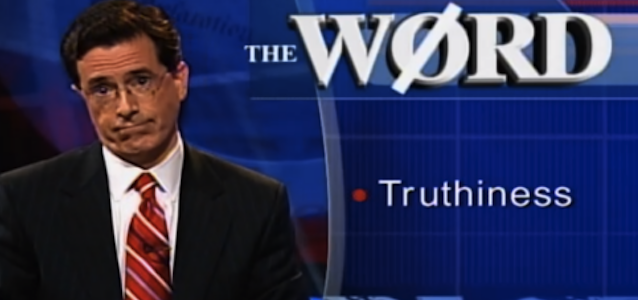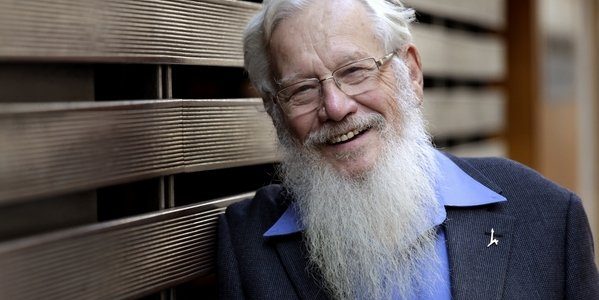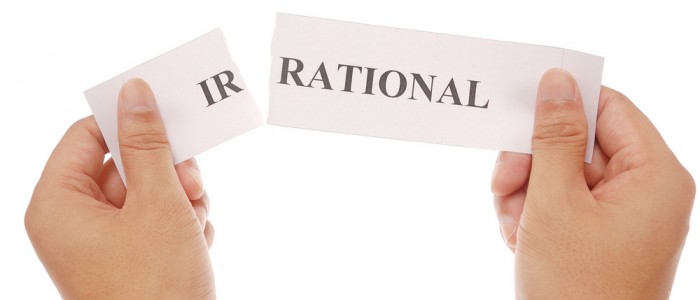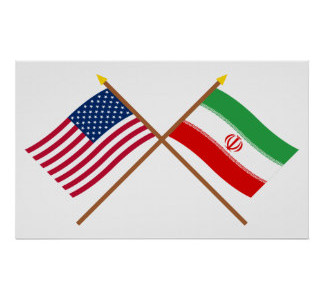Beware Experts Who Confuse and Conceal On July 18, the World Bank announced it had appointed as its Chief Economist Paul Romer from New York University’s Stern School of Business. Romer has been involved in a nasty fight with eminent economists for his article attacking “mathiness” in economics – a variant on Stephen Colbert’s “truthiness.” In the pages of… read more →
When Does Cooperation Work? What makes cooperation possible – why don’t people take advantage of the other side at the first chance they get? The answer to that was found by people we usually deride, namely, the traditional economists who study “rational economic man.” Robert Aumann was co-awarded the 2005 Nobel Prize in economics for his work on cooperation. What… read more →
What’s the secret to negotiating success? First, we will take a look at the conventional approach. Then we’re going to see what new research has to say. As the conventional approach says, even experienced negotiators fall into certain traps: They make inopportune remarks, revealing information that undermines their position. The first rule of negotiating is “Shut up!” To make the… read more →
The manifesto for the “win-win” school of “principled negotiation” is Getting to Yes by Roger Fisher and William Ury of the Harvard Negotiation Project. Their approach is a stark contrast to the zero-sum technique many think of as defining good business negotiating. They had a lot of good insights, but they went way overboard. While twenty-first-century negotiating is indeed collaborative,… read more →
Starbucks and United Airlines Negotiation Some years ago, a United Airlines passenger survey made one point crystal clear: Airplane coffee was horrible. The survey caught the eye of a sales executive at Starbucks, then a medium-sized company with about six hundred stores and no international presence. Seeking to raise their profile, Starbucks asked United to go where no airline had… read more →
Pitfalls of Predicting: Don’t Lock Yourself In Based on Your Confident Predictions We emphasize how much negotiating these days is about relationships, rather than a simple one-time purchase of a commodity. Whether the relationship is something as straightforward as training and support for software or something as complicated as a strategic partnership, the two sides make assumptions—predictions—about what will happen… read more →
We at Mobus Creative Negotiating sing the praises of behavioral economics that shows that we are not Mr. Spock: emotions do affect our decisions. As the January 17, 2016 New York Times article by Jennifer Kahn, “The Happiness Code,” explains “We cash checks quickly but drag our feet paying credit-card bills, no matter the financial cost, because cashing a… read more →










Recent Comments